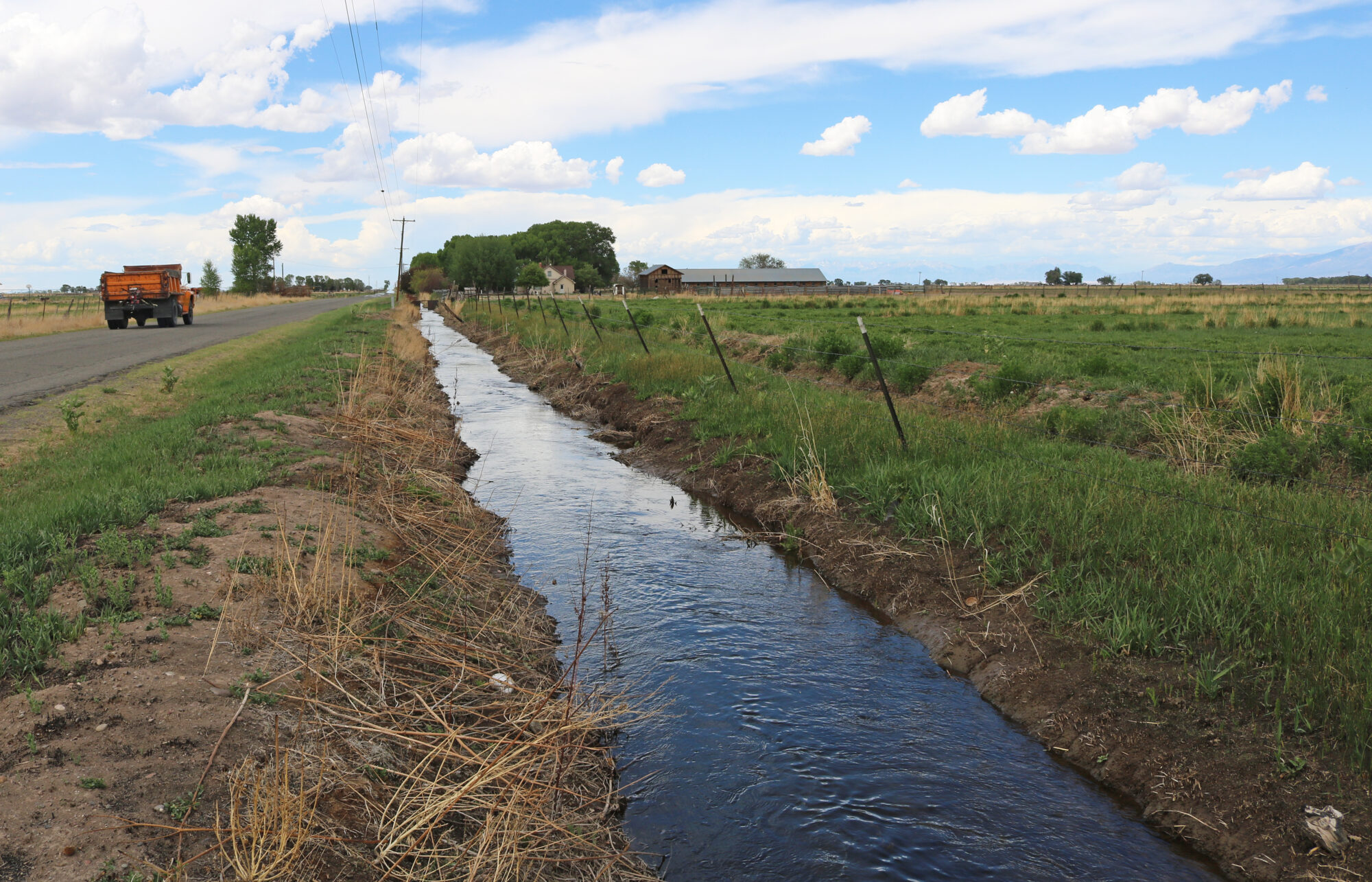
California’s history is tied to the gold rush. It brought people to the state, was a driving factor in California’s admission into the United States, and set the foundation for how we manage water today. In the 1800s, gold miners enforced the simple rule of first in time, first in right to stake their claims to potential gold deposits and the water they used to mine. That system, called prior appropriation, ensures that people with the oldest rights have the strongest claim to water. It wasn’t until 1914 that California passed a law to create the State Water Board and regulate the water rights system. However, water rights held before 1914 were largely exempt from any state regulation and today, you don’t even need a permit to exercise a pre-1914 water right.
Practically, this system has had a variety of consequences for how the state manages water. Most notably, because the system excluded minorities from holding water rights until recently, the oldest (and therefore strongest) recognized water rights are held almost exclusively by white settlers and their descendants. In addition, the state has very little power to curtail water rights during drought, and even less power over how pre-1914 water rights are exercised.
In the heart of one of the State’s most intense droughts, the State Water Board tried to curtail some pre-1914 water rights to ensure that a bare minimum amount of water remained in rivers. Predictably, the Water Board was sued. The court took a hard look at California’s water laws and history and found that the State Water Board lacked the authority to curtail pre-1914 water rights.
With drought becoming an increasingly common occurrence, we cannot let these pre-1914 water rights holders remain insulated from regulation. That is why California Coastkeeper Alliance, along with the Planning and Conservation League have worked with Assemblymember Wicks to change the water code with Assembly Bill 1337. This proposed law gives the Water Board the authority to curtail all water rights, including pre-1914 water rights, to protect ecosystem health, prevent unreasonable use of water, and promote conservation.
California’s water rights system was built in a different time for a different purpose. We need to adapt and modernize how we approach water in the state, and while much more needs to be done, this bill is a strong step in the right direction.
Stay informed of our legislative work and our efforts to protect California’s waters by subscribing to California Coastkeeper Alliance’s monthly newsletter, becoming a lifetime member, or following us on social media: @CA_Waterkeepers.
Staff Attorney Cody Phillips advocates for statewide policies that protect water quality and access to clean water throughout California.



